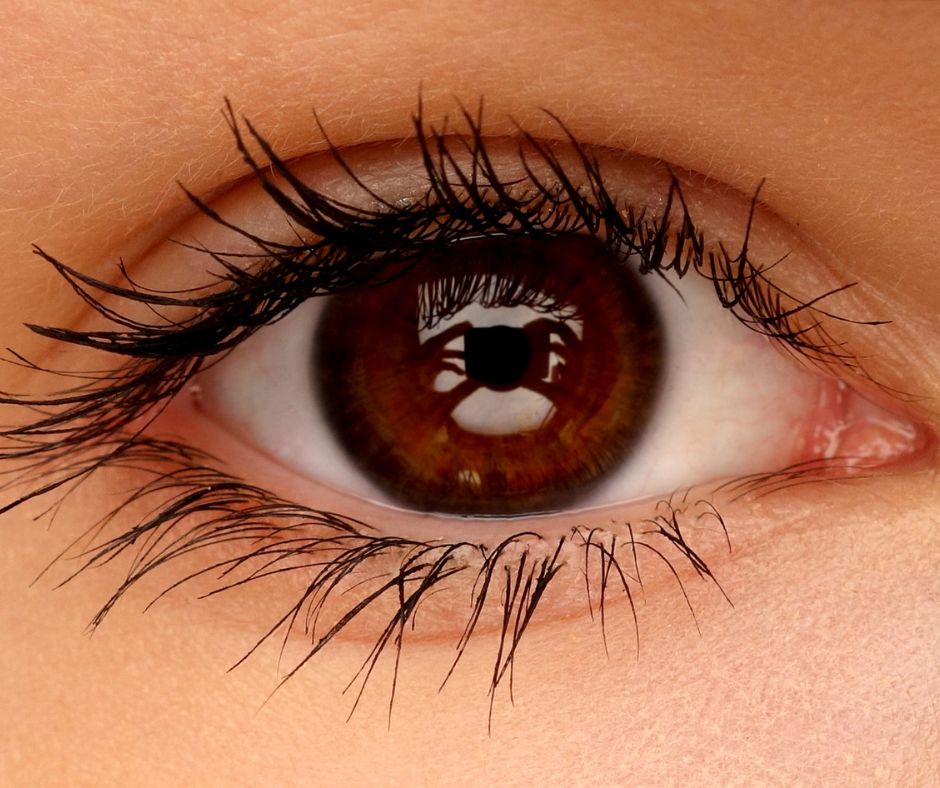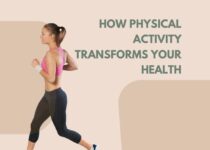The Impact of Blue Light on Sleep and Eye Health

In today’s digital age, screens are an integral part of our daily lives. From smartphones and laptops to TVs and tablets, we are constantly exposed to blue light. While blue light has its benefits, such as boosting alertness and regulating our circadian rhythm, excessive exposure can have negative effects on sleep and eye health. In this article, we’ll explore what blue light is, its impact on your health, and practical tips to reduce its effects.
What is Blue Light?
Blue light is a high-energy, short-wavelength light that is part of the visible light spectrum. It is emitted by the sun, but also by artificial sources like LED lights, fluorescent bulbs, and digital screens. While natural blue light during the day can be beneficial, prolonged exposure to artificial blue light, especially at night, can disrupt your sleep and strain your eyes.
How Blue Light Affects Sleep
Disruption of Circadian Rhythm: Blue light suppresses the production of melatonin, the hormone responsible for regulating sleep. Exposure to blue light in the evening can trick your brain into thinking it’s still daytime, making it harder to fall asleep.
Poor Sleep Quality: Studies have shown that excessive screen time before bed can lead to lighter, less restorative sleep, leaving you feeling tired and groggy the next day.
Increased Risk of Sleep Disorders: Chronic exposure to blue light at night has been linked to sleep disorders like insomnia and delayed sleep phase syndrome.
How Blue Light Affects Eye Health
Digital Eye Strain: Prolonged screen time can cause symptoms like dry eyes, blurred vision, headaches, and neck or shoulder pain—collectively known as digital eye strain or computer vision syndrome.
Retina Damage: Some studies suggest that long-term exposure to blue light may damage the retina and increase the risk of age-related macular degeneration (AMD), a leading cause of vision loss.
Increased Risk of Myopia: Excessive screen time, especially in children, has been associated with a higher risk of developing myopia (nearsightedness).
Tips to Reduce Blue Light Exposure
Use Blue Light Filters: Many devices now come with built-in blue light filters or “night mode” settings that reduce blue light emission. You can also install blue light filtering apps or software.
Wear Blue Light Blocking Glasses: These glasses are designed to block or absorb blue light, reducing eye strain and improving sleep quality.
Follow the 20-20-20 Rule: To reduce eye strain, take a 20-second break every 20 minutes and look at something 20 feet away.
Limit Screen Time Before Bed: Avoid using screens at least 1–2 hours before bedtime to allow your body to produce melatonin naturally.
Adjust Lighting: Use warm, dim lighting in the evening to minimize blue light exposure and create a relaxing environment for sleep.
Increase Screen Distance: Keep your screen at least an arm’s length away and adjust the brightness to a comfortable level
Frequently Asked Questions (FAQs)
- What is blue light?
Blue light is a high-energy, short-wavelength light found in the visible light spectrum. It is emitted by the sun, as well as artificial sources like digital screens, LED lights, and fluorescent bulbs. - How does blue light affect sleep?
Blue light suppresses the production of melatonin, the hormone that regulates sleep. Exposure to blue light, especially in the evening, can disrupt your circadian rhythm, making it harder to fall asleep and reducing sleep quality. - Can blue light damage your eyes?
Prolonged exposure to blue light can cause digital eye strain, characterized by symptoms like dry eyes, blurred vision, and headaches. Some studies suggest that long-term exposure may also increase the risk of retinal damage and age-related macular degeneration (AMD). - Are blue light blocking glasses effective?
Yes, blue light blocking glasses can help reduce eye strain and minimize the impact of blue light on sleep. They are particularly useful for people who spend long hours in front of screens. - How can I reduce blue light exposure from screens?
Use built-in blue light filters or “night mode” on your devices. - Follow the 20-20-20 rule: Take a 20-second break every 20 minutes to look at something 20 feet away.
- Avoid screens at least 1–2 hours before bedtime.
- Is all blue light harmful?
No, not all blue light is harmful. Natural blue light from the sun helps regulate your circadian rhythm and boosts alertness during the day. However, excessive exposure to artificial blue light, especially at night, can have negative effects. - Can children be affected by blue light?
Yes, children are particularly vulnerable to the effects of blue light because their eyes absorb more blue light than adults. Excessive screen time can increase the risk of myopia (nearsightedness) and disrupt their sleep patterns. - What is the 20-20-20 rule?
The 20-20-20 rule is a simple technique to reduce eye strain. Every 20 minutes, take a 20-second break and look at something 20 feet away. This helps relax your eye muscles and prevent fatigue. - Does blue light cause permanent eye damage?
While there is no conclusive evidence that blue light causes permanent eye damage, prolonged exposure may contribute to retinal damage over time. It’s important to take preventive measures, such as using blue light filters and taking regular breaks. - Can I use my phone at night without affecting my sleep?
To minimize the impact on your sleep, use your phone’s night mode or a blue light filter, reduce screen brightness, and avoid using your phone at least 1–2 hours before bedtime.
Conclusion
While blue light is an unavoidable part of modern life, understanding its effects on sleep and eye health can help you take proactive steps to minimize its impact. By adopting simple habits like using blue light filters, wearing protective glasses, and limiting screen time before bed, you can protect your eyes and improve your sleep quality. Remember, moderation and awareness are key to maintaining a healthy balance in our digital world.
Disclaimer
This article is for informational purposes only and is not intended to replace professional medical advice, diagnosis, or treatment. Always consult a qualified healthcare provider or eye care specialist for personalized recommendations


